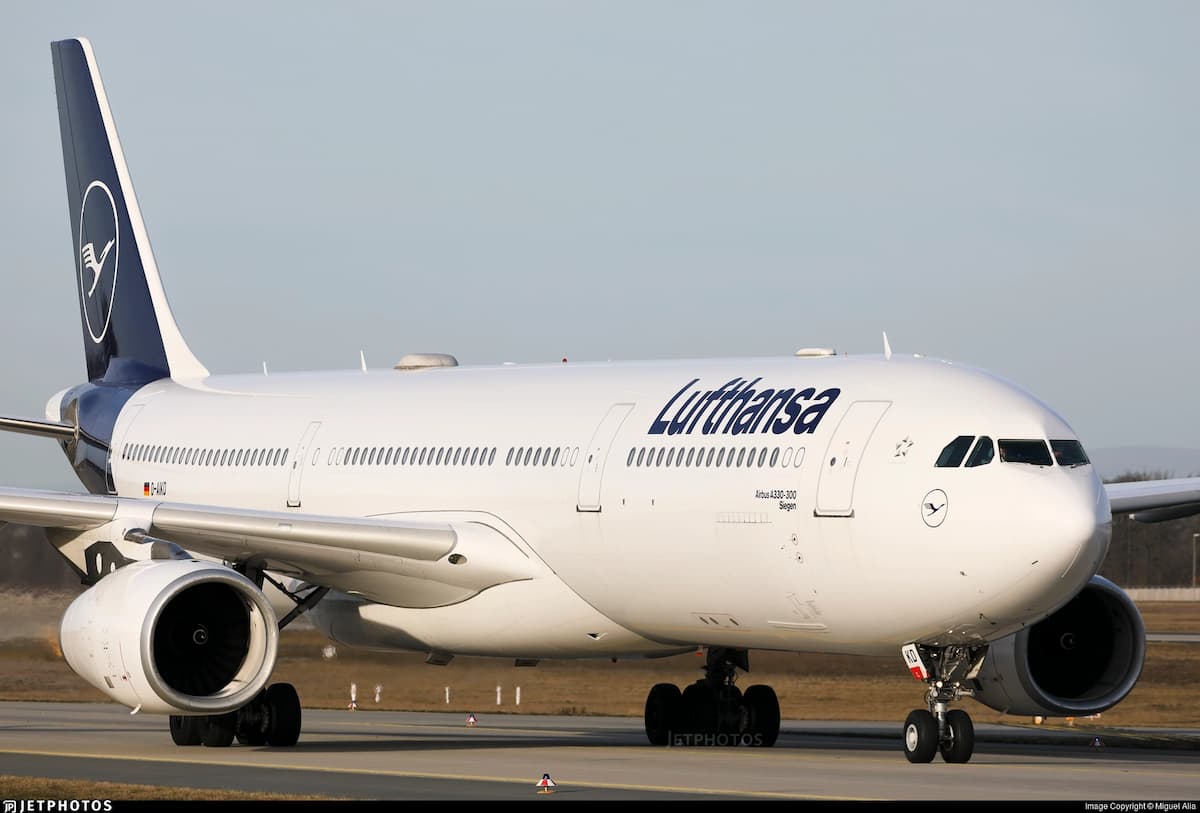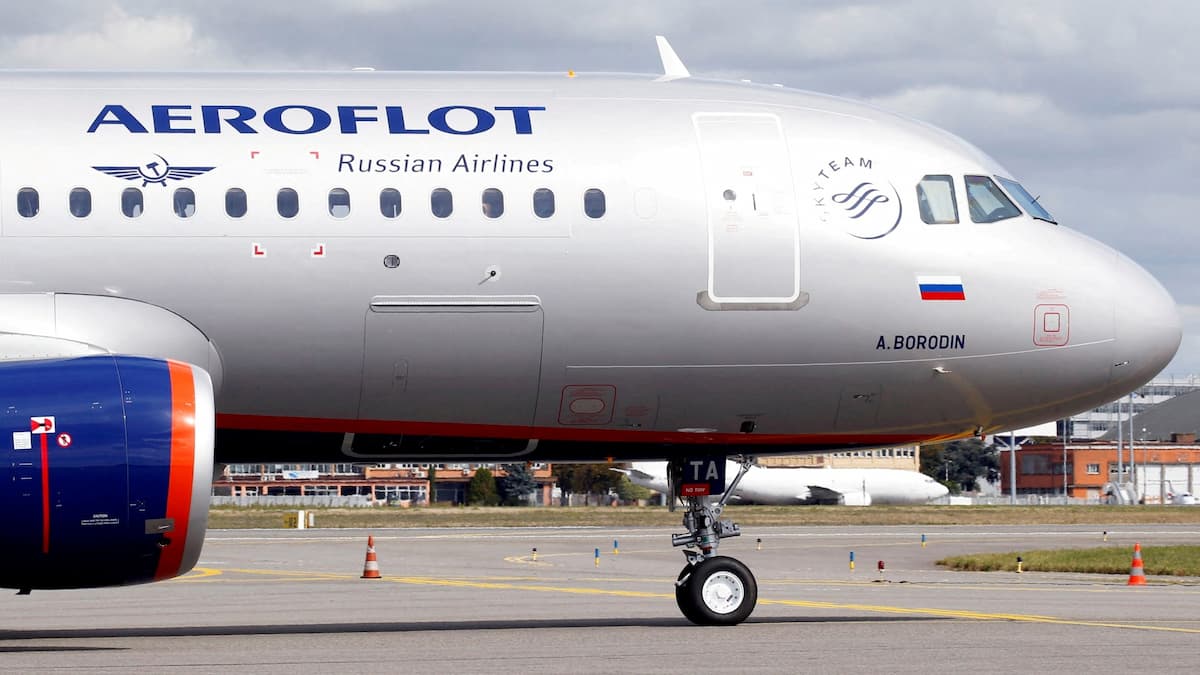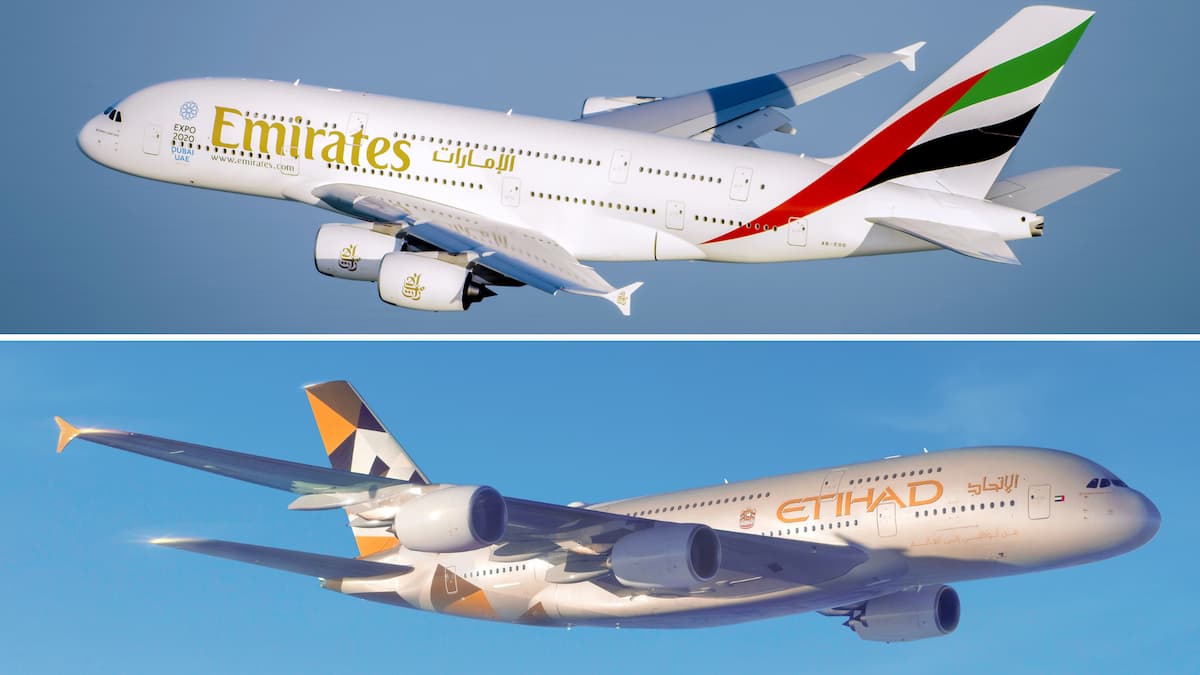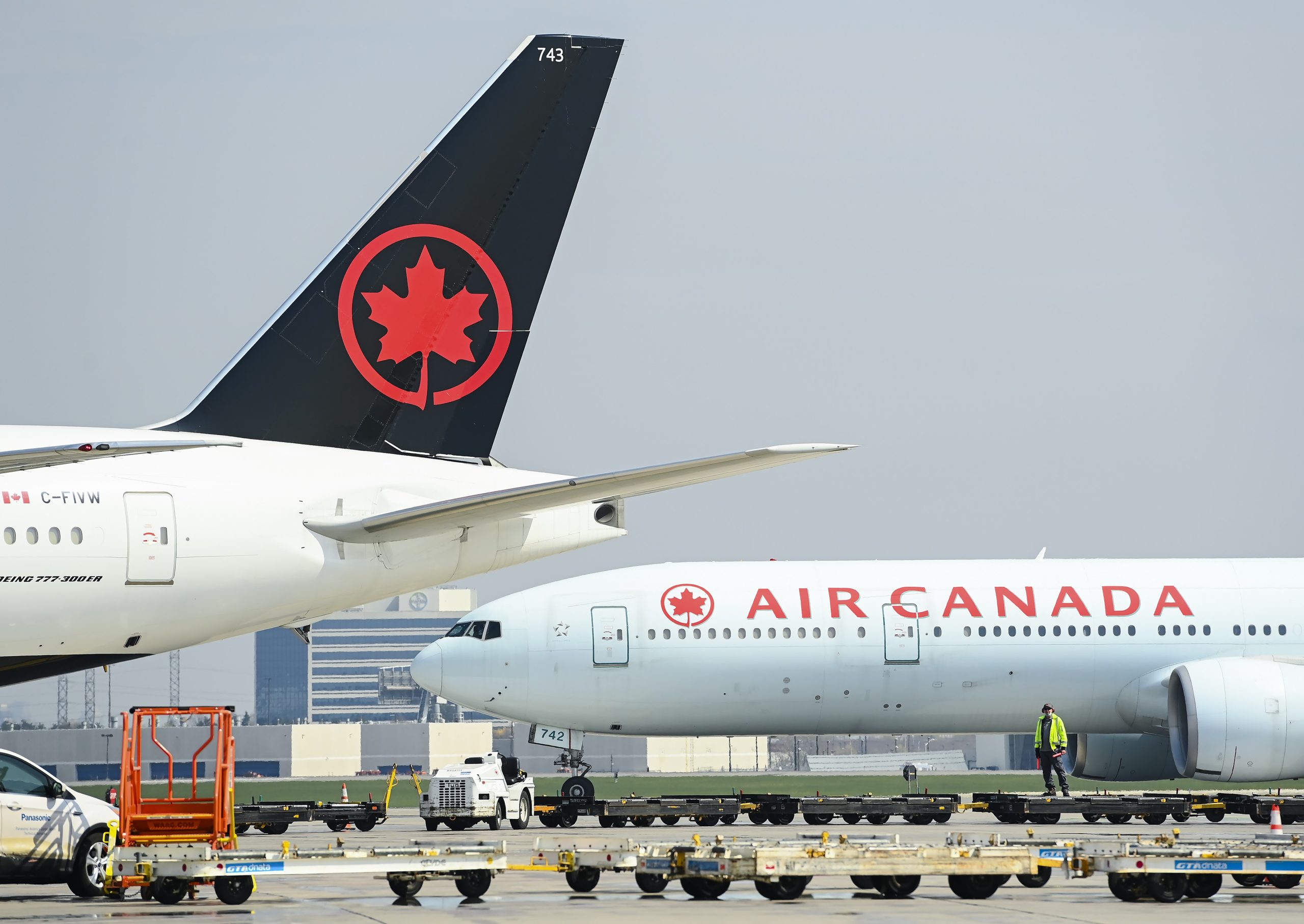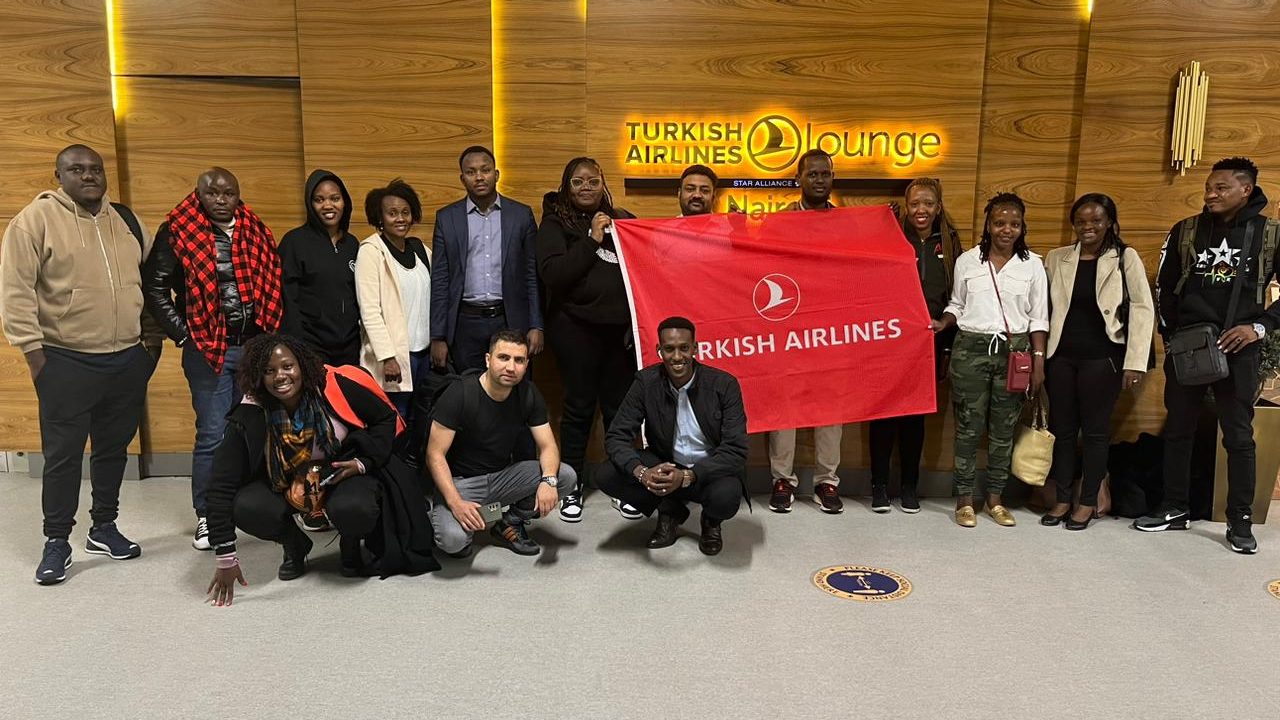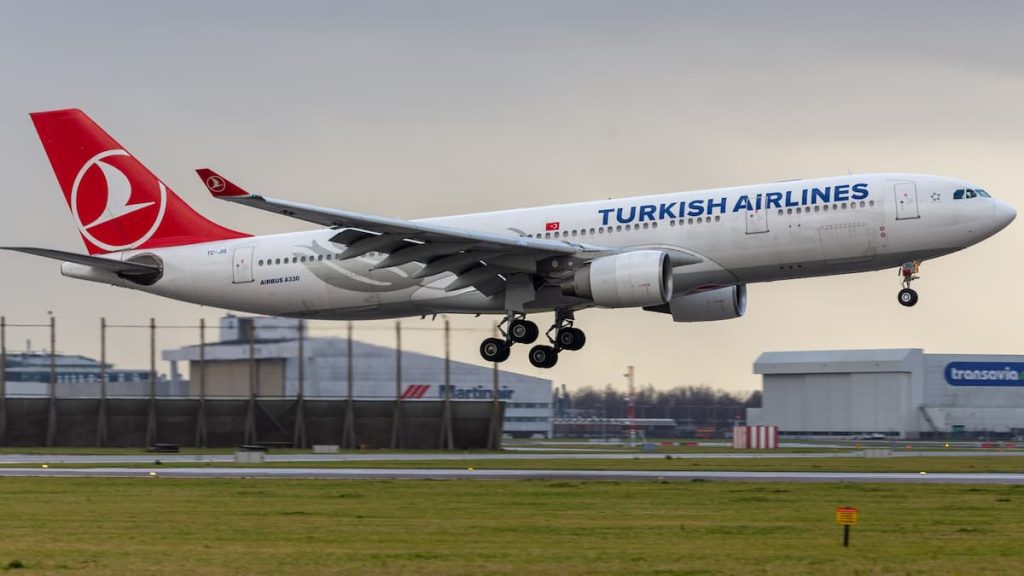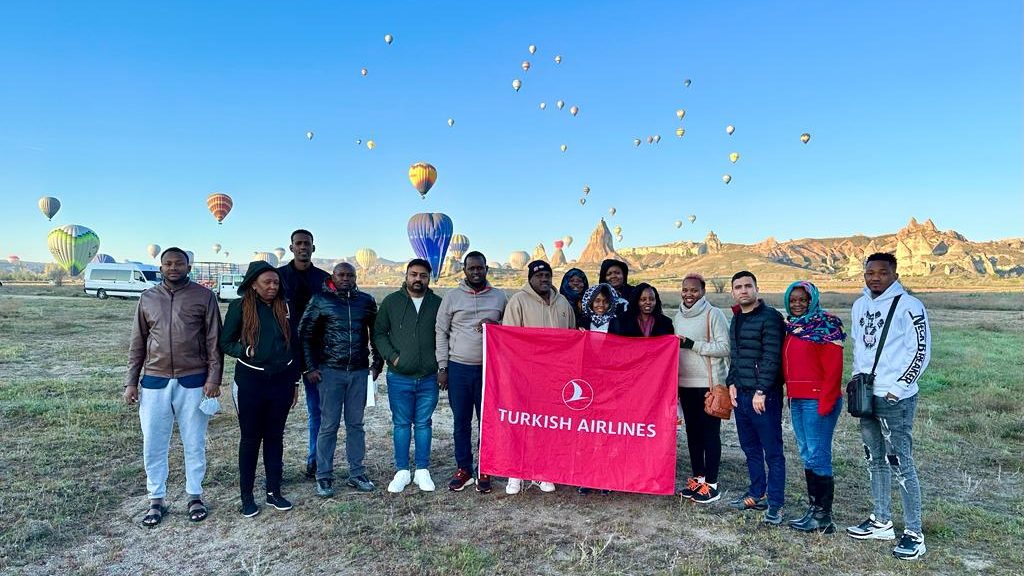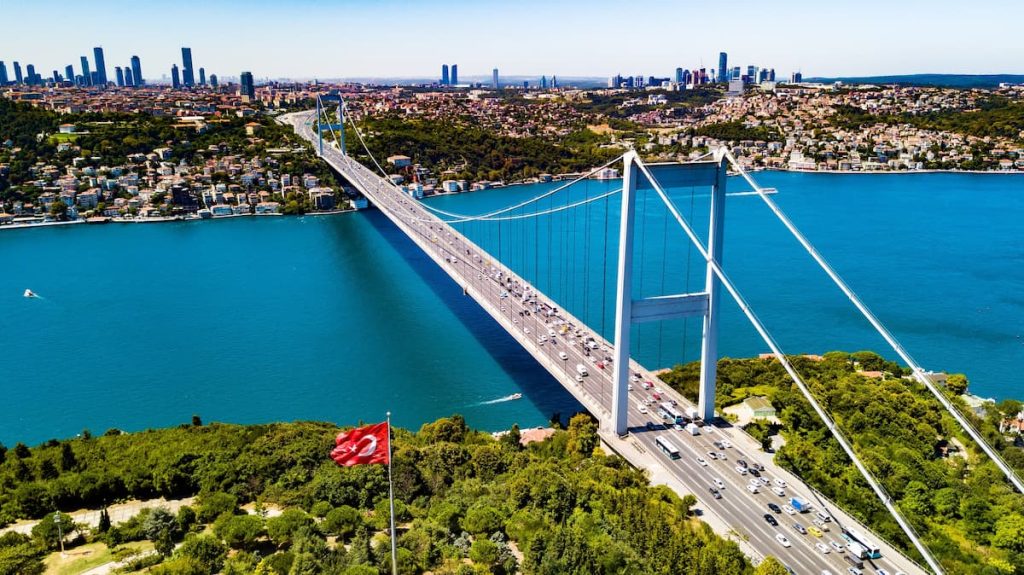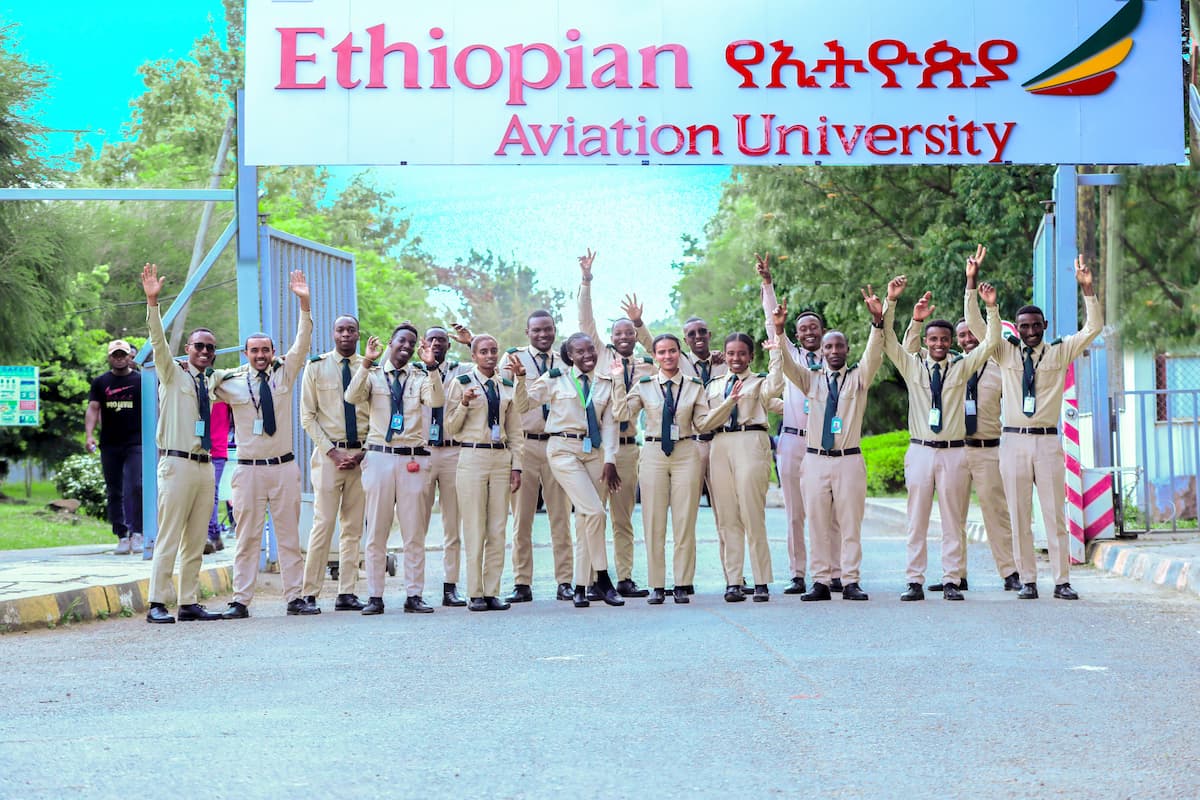Lufthansa, Eurowings Discover, and Brussels Airlines will increase their services to East Africa.
Air travel demand in Africa continues to increase, with passenger numbers edging closer to 2019 levels. The Lufthansa Group is responding to the demand by adding further capacity in East Africa.
For the first time in its history, Lufthansa will fly to Nairobi daily throughout the year. The group’s leisure airline, Eurowings Discover, will also increase its service to Kenya, while Belgium’s flag carrier will add more flights to its East Africa destinations.
Lufthansa’s schedule to Nairobi
Since the introduction of its operations in Kenya, the airline had not previously operated daily flights to the capital. Currently, Lufthansa operates flights between Frankfurt Airport (FRA) and Nairobi Jomo Kenyatta Airport (NBO) five times a week on Sundays, Mondays, Tuesdays, Thursdays, and Fridays.
Starting June 3, the carrier will operate daily flights between the two cities. The Airbus A330 flight will depart Frankfurt at 11:25 and arrive in Nairobi at 20:30, while the returning flight departs Nairobi each evening at 22:25, arriving in Frankfurt at 05:40 the next morning. There will be numerous options for onward connections during the day.
Initially, the airline planned to enhance its Nairobi service for the summer flight schedule. However, the carrier will operate daily flights all year round due to positive booking trends. Lufthansa Group General Manager East Africa, Kevin Markette, said;
“Kenya remains a focus market for Lufthansa in East Africa, and the decision to maximize our offering into the country is largely driven by the significant increase in demand and resurgence in travel, coupled with the immense support of the local community within the region.”
After the pandemic, Lufthansa was one of the first international airlines to resume regular commercial flights to Kenya. This signifies the important commercial and economic ties between Germany and Kenya and the carrier’s commitment to maintaining a direct connection for its customers in the regions.
Eurowings Discover’s increased schedule to Kenya
East Africa is a popular destination for business travelers and one of Africa’s main gateways for internationals flying through the rest of the continent. Furthermore, it is a popular destination for travelers seeking an idyllic holiday experience, with its diverse wildlife, nature reserves, and exquisite beaches.
Lufthansa has taken a step to enhance the Eurowings Discover flight schedule to Kenya for passengers seeking to explore East Africa. The leisure airline currently offers four weekly A330 flights to Mombasa (MBA) and two weekly connections to Kilimanjaro (KJO) and Zanzibar (ZNZ).
Eurowings will increase its Frankfurt-Mombasa schedule to five weekly A330 flights from June 20 until September 12. The additional capacity comes in time for the peak travel season and will allow the carrier to offer tourists much-needed flexibility when booking flights.
Brussels Airlines flights to Rwanda
It is important to highlight another European carrier’s operations in East Africa. Brussels Airlines will increase its flight schedule between Brussels and Kigali from four to five weekly. The increased capacity was intended to be a seasonal change but will continue throughout winter 2023.
The adjustment supports the airline’s daily flights between Brussels Airport (BRU) and Entebbe International Airport (EBB) and complements the existing twice-weekly flights from Belgium to Bujumbura. It is the only airline directly flying between Europe and the Burundian city.
Sustainability and high-quality travel offer
The Lufthansa Group remains committed to sustainability and its climate protection goals. The company aims to halve its Carbon Dioxide emissions by 2030 compared to 2019 and become carbon neutral by 2050.
In the next seven years, the group’s airlines will have at least 190 newly delivered and fuel-saving aircraft in service. The significant investment will reduce kerosene consumption and CO2 emissions by up to 30% on each flight. Kevin Markette concluded by saying;
“We believe that sustainable aviation will continue to enable us to benefit from a connected world, and by expanding the various airline schedules of the Lufthansa Group, we are maintaining a solid foundation and presence within East Africa. Our passion for connecting people, cultures, and economies, thus bringing the world within reach, together with providing our customers a consistent, high-quality travel offer across an extensive route network, remains a top priority for the Lufthansa Group.”
Source: Simple Flying

